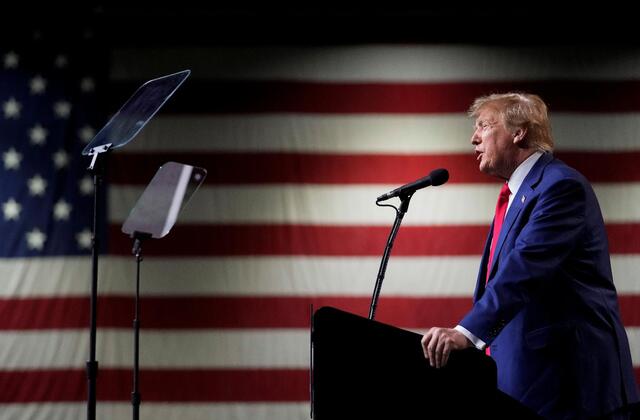The recent Supreme Court ruling regarding Trump’s appeal related to the Colorado State ballot has sparked widespread interest and debate. Let’s delve into the intricacies of this decision and its implications.
Background of the Case
In the case at hand, former President Donald Trump filed an appeal challenging certain aspects of the Colorado State ballot. This appeal was a significant move, drawing attention from across the political spectrum.
Key Arguments Presented
Trump’s legal team articulated various arguments in support of the appeal, highlighting alleged discrepancies and irregularities in the state’s ballot procedures. Central to their claim was the assertion that these irregularities affected the fairness and accuracy of the election process.
Supreme Court’s Verdict
Despite the fervent arguments presented, the Supreme Court deliberated and rendered its decision. The Court meticulously analyzed the evidence and arguments put forth by both sides.
Rationale Behind the Decision
The Court’s decision was based on a comprehensive evaluation of the presented evidence and legal precedents. Their ruling aimed to uphold the integrity of the electoral process while maintaining adherence to constitutional principles.
Implications and Future Outlook
This ruling holds immense significance not only for the immediate case but also for its broader implications. It sets a precedent for future electoral challenges and reinforces the importance of procedural integrity in elections.
Conclusion
The Supreme Court’s decision on Trump’s appeal regarding the Colorado State ballot has stirred considerable attention and discussion. While providing closure to this specific case, it also sets a benchmark for the handling of similar disputes in the future.
The intricate legal arguments and the Court’s nuanced decision underscore the complexities within the realm of electoral law and the importance of upholding the integrity of the electoral process.


